At least four people have died after two boats carrying nearly 100 migrants capsized off the coast of Libya on Saturday, rescue workers have said. Those confirmed to have died by the Libyan Red Crescent so far were all passengers in a boat carrying 26 Bangladeshi nationals. The humanitarian group did not say whether there were further fatalities among passengers in a second boat which sank while carrying around 70 mostly Sudanese people.
According to the Libyan Red Crescent, the boats had set off from Al Khums, a port city in northwestern Libya. The organisation shared images of its crew administering aid to survivors, as well as black body bags lying on the ground. "We are doing our best to provide assistance to those in need," said a spokesperson for the Libyan Red Crescent. "However, the situation remains dire, and we are concerned about the safety of those still at sea."
The boats were using the central Mediterranean route between North Africa and Italy, which is the "deadliest known migration route in the world" according to the UN International Organization for Migration (IOM). This route has seen hundreds of people die each year trying to make the crossing to southern Europe in overcrowded and unsafe boats. More than 1,500 people have died or gone missing while attempting to cross this route since 2014.
The Libyan Red Crescent's efforts to rescue those in distress are part of a broader humanitarian response to the crisis. However, the scale of the problem remains daunting. "The number of migrants attempting to cross the Mediterranean is staggering, and it's clear that more needs to be done to address the root causes of this crisis," said a spokesperson for the IOM.
The incident highlights the need for a more comprehensive approach to migration, one that addresses the push and pull factors driving people to leave their homes in search of safety and opportunity. This includes improving economic opportunities, addressing conflict and persecution, and providing safe and legal pathways for migration.
The current status of the rescue efforts is that the Libyan Red Crescent is continuing to provide aid to survivors and search for those still missing. The IOM is working with international partners to provide support and assistance to those affected by the crisis. As the situation continues to unfold, it remains to be seen what the long-term implications will be for those involved and for the broader humanitarian community.
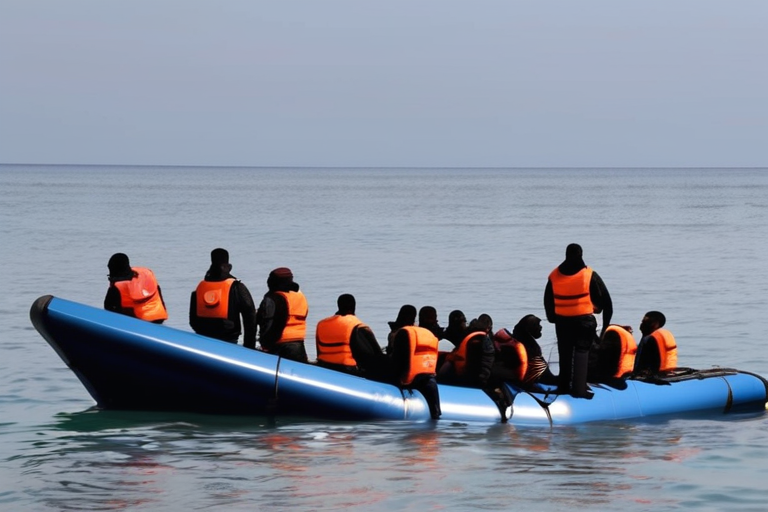

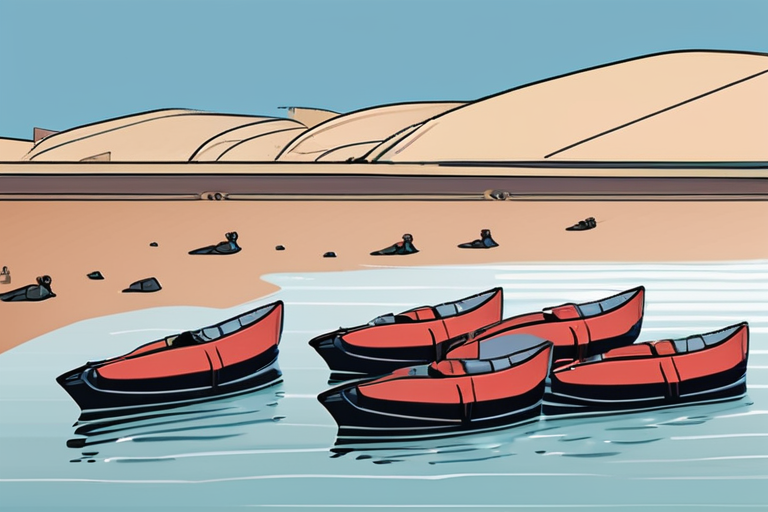
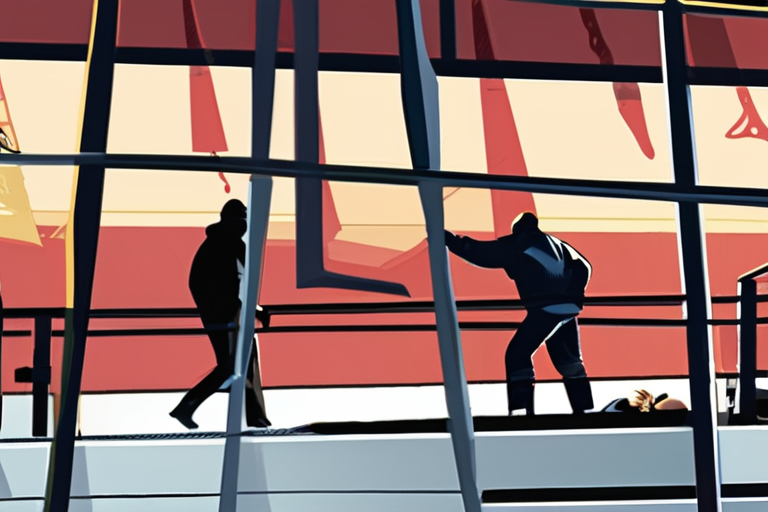
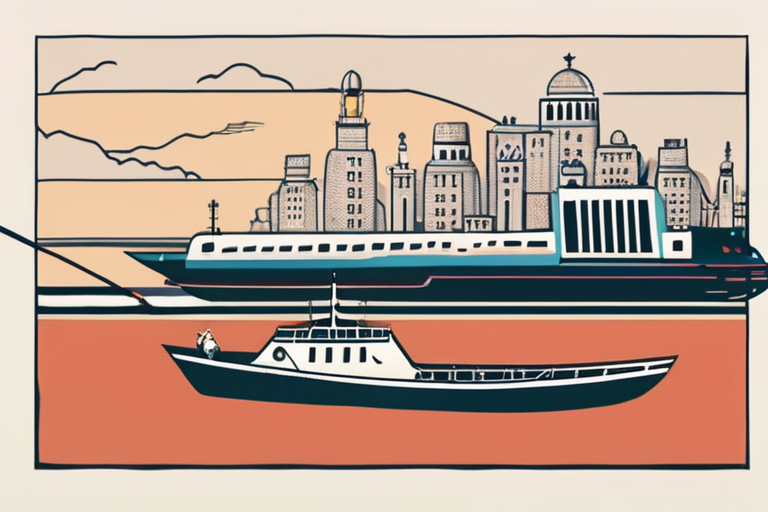

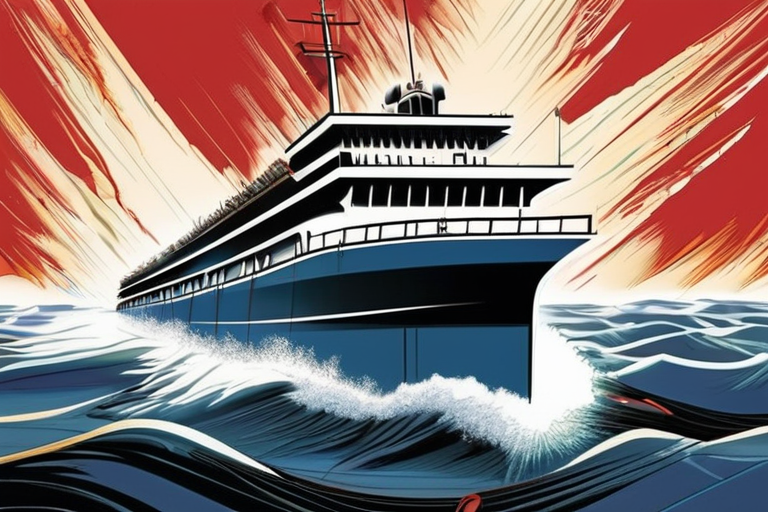
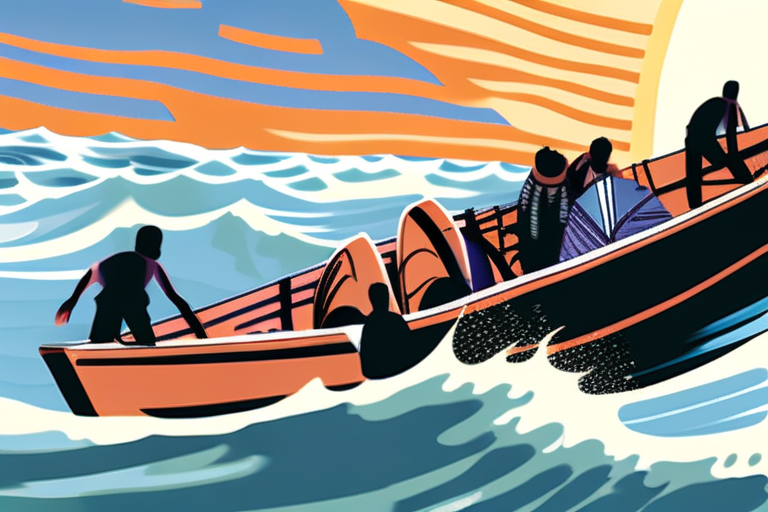
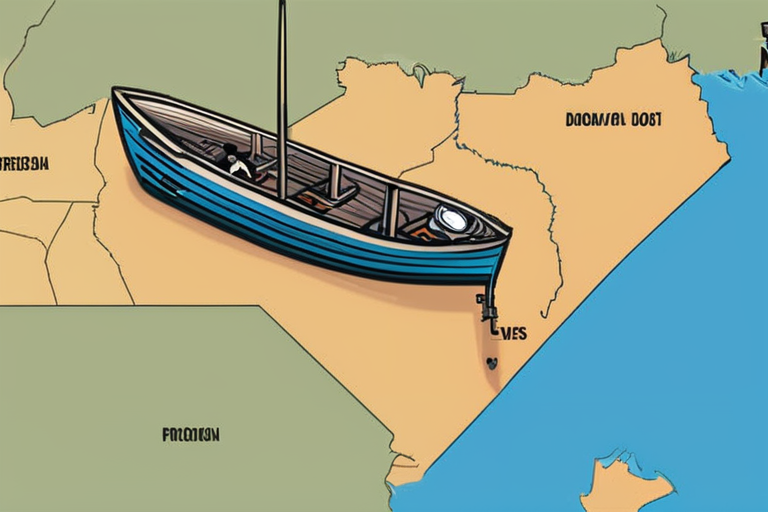
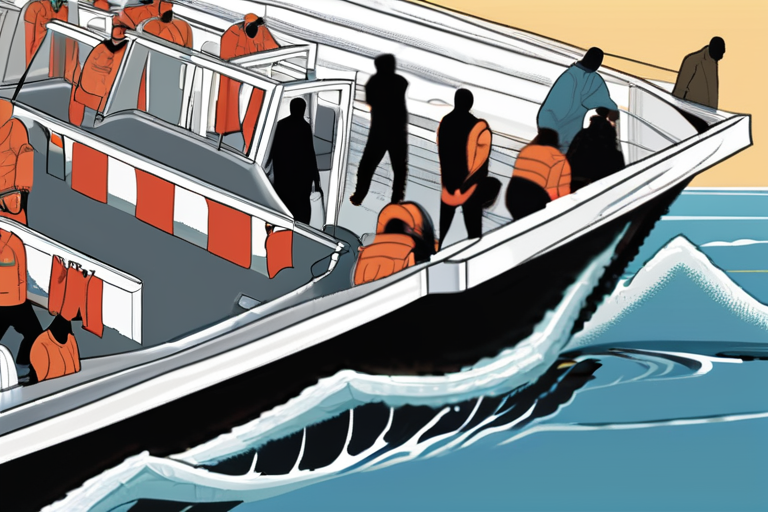
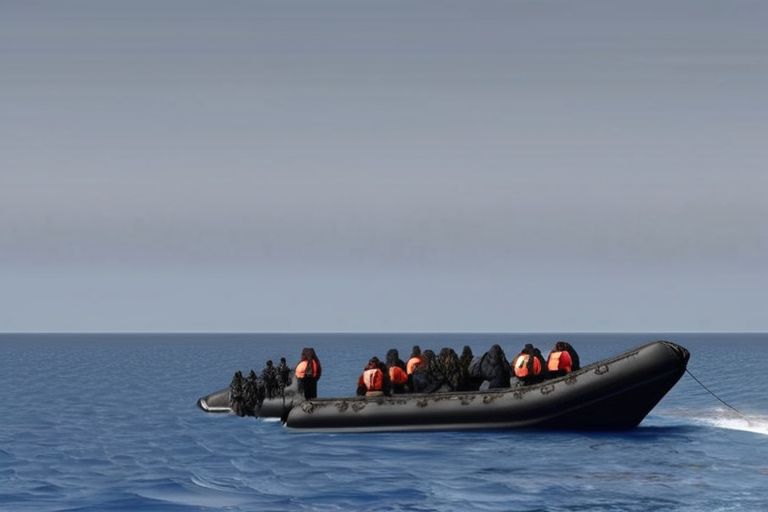
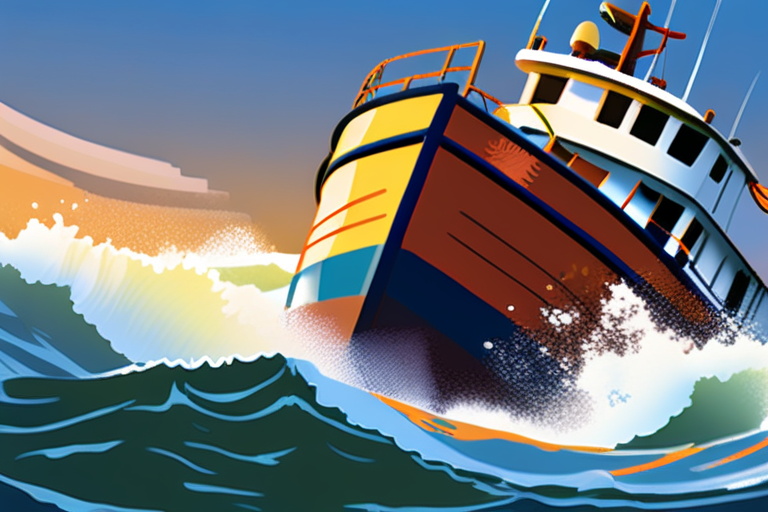
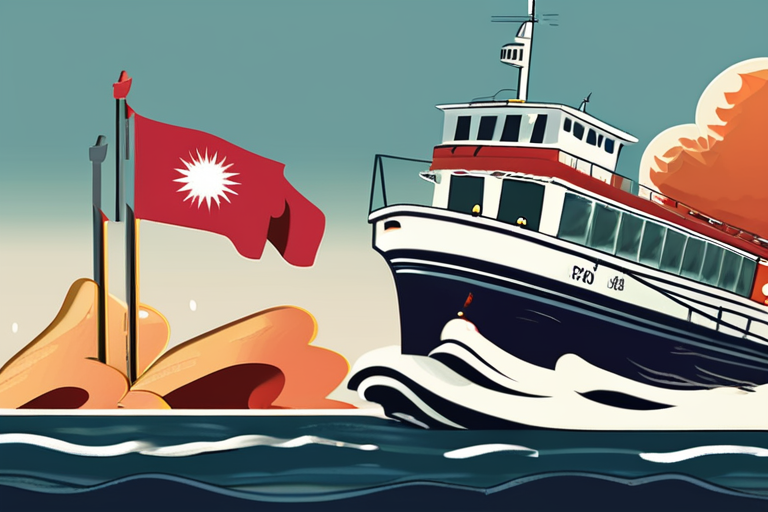
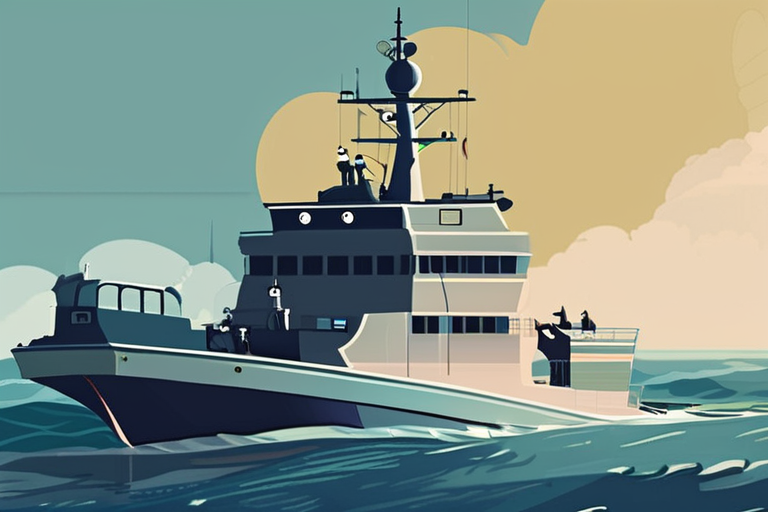
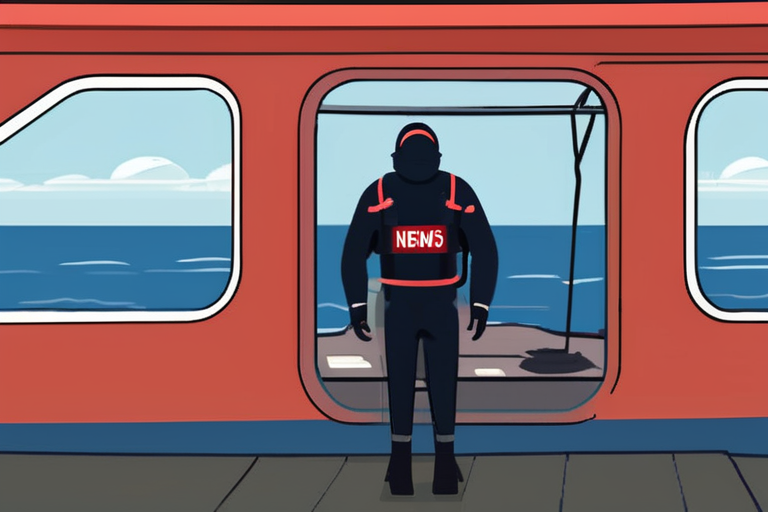
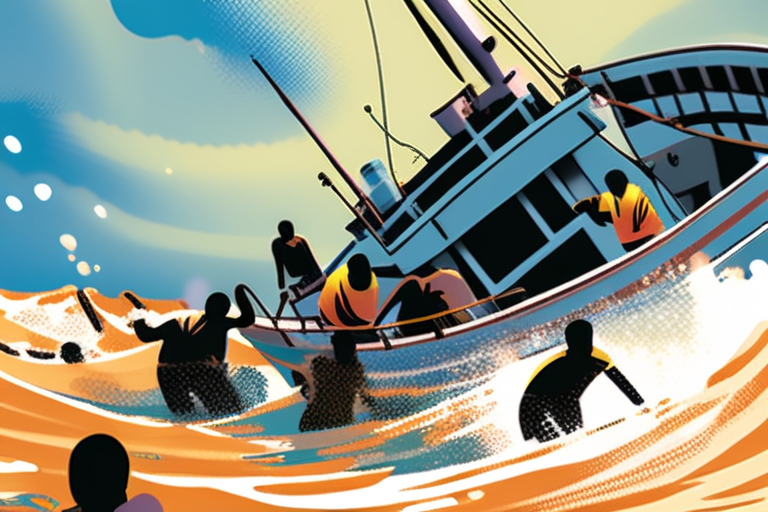
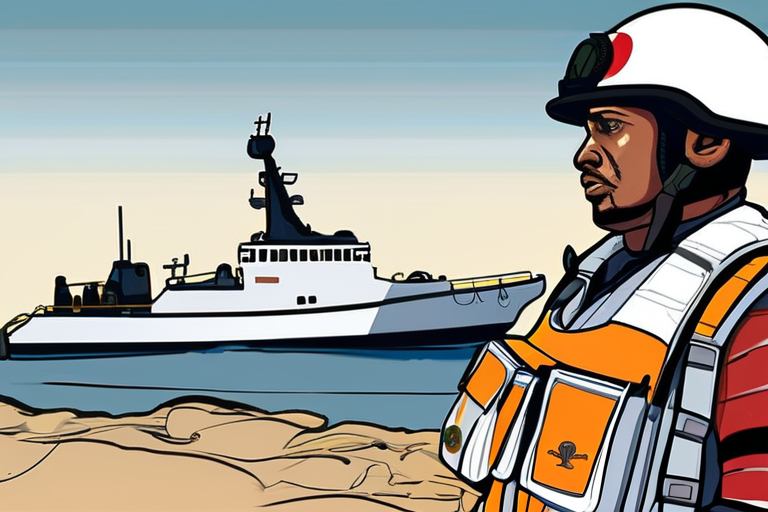
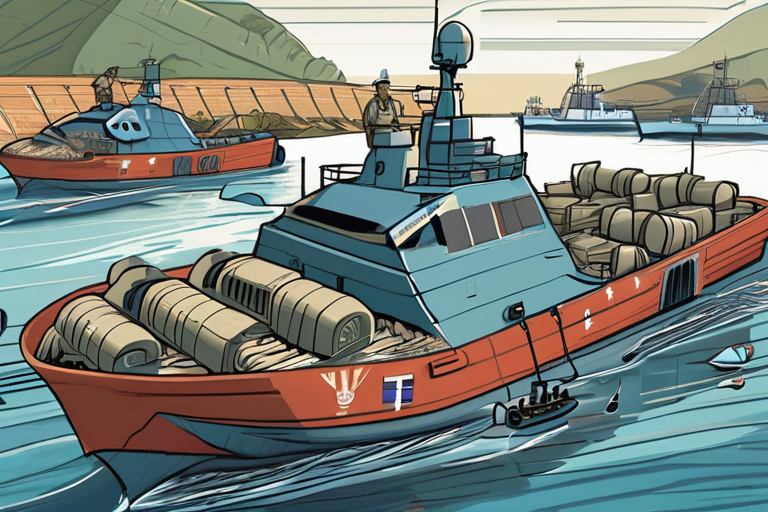
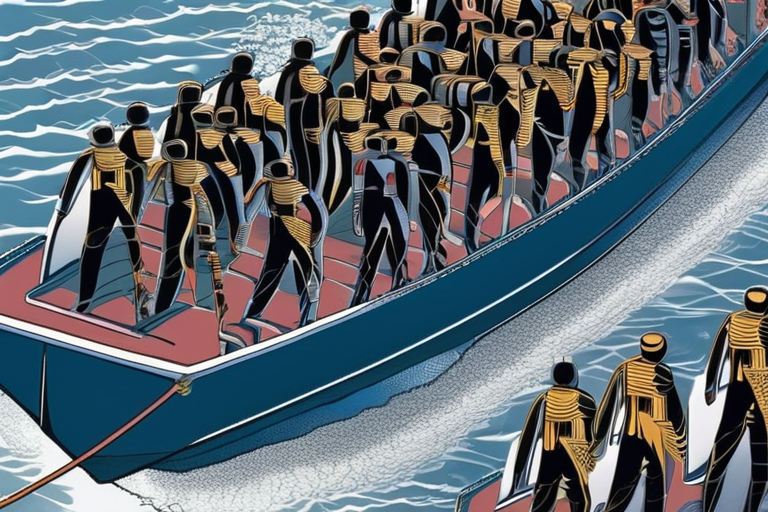
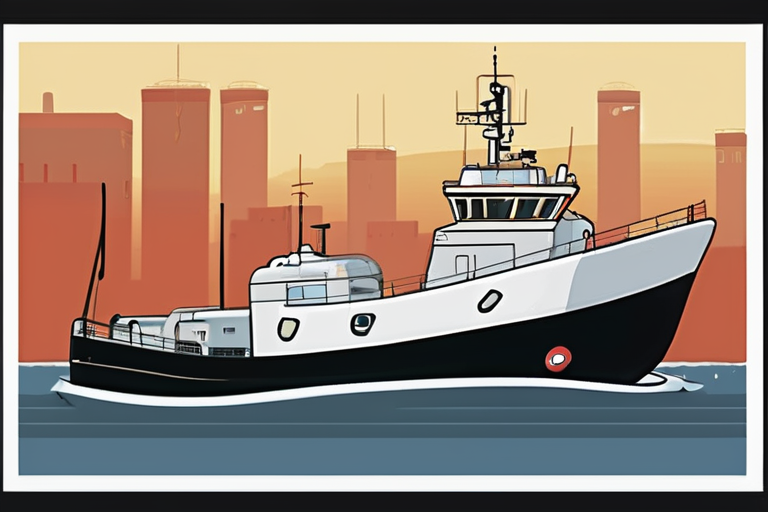

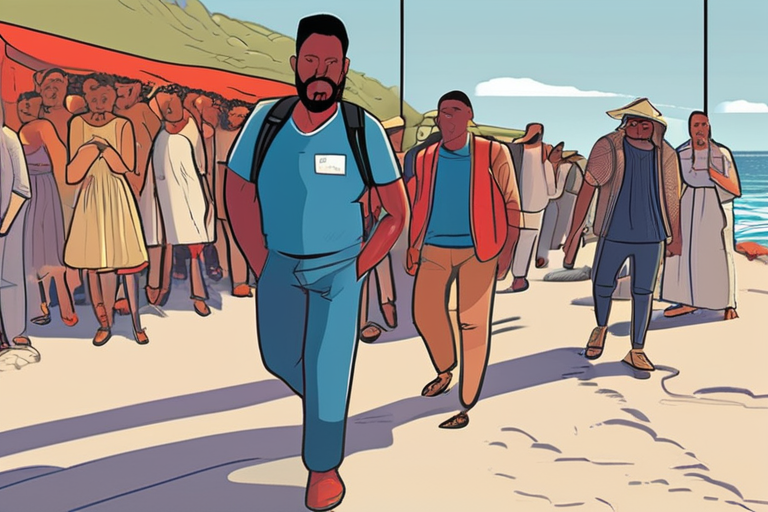
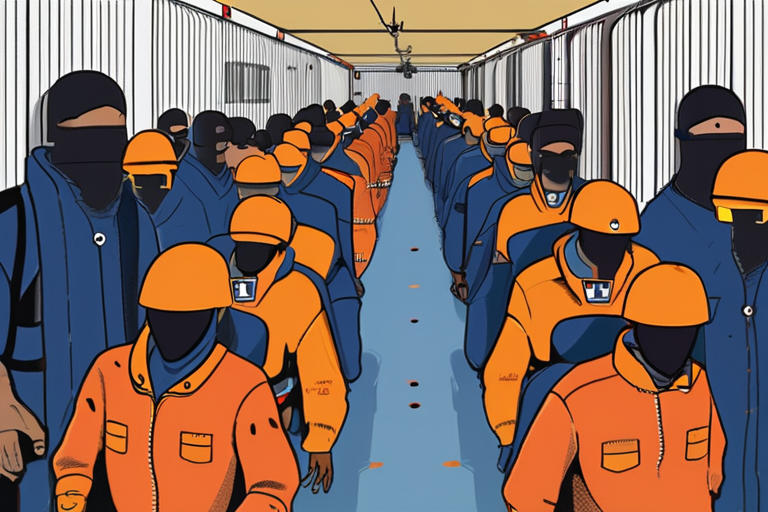
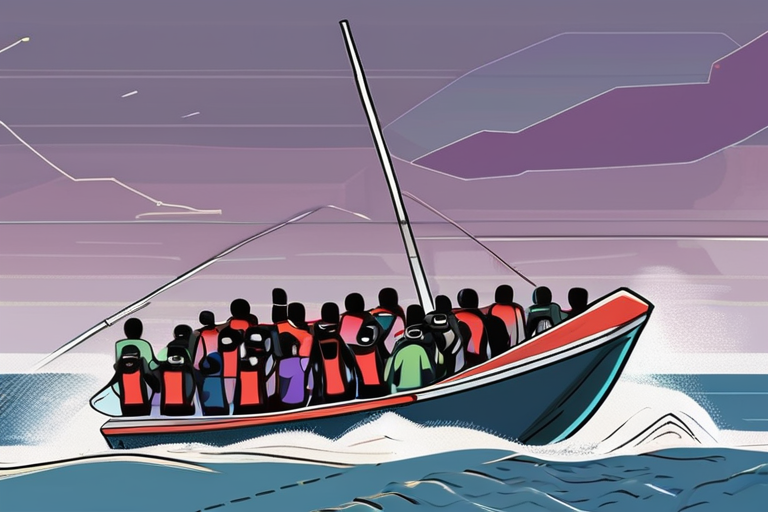
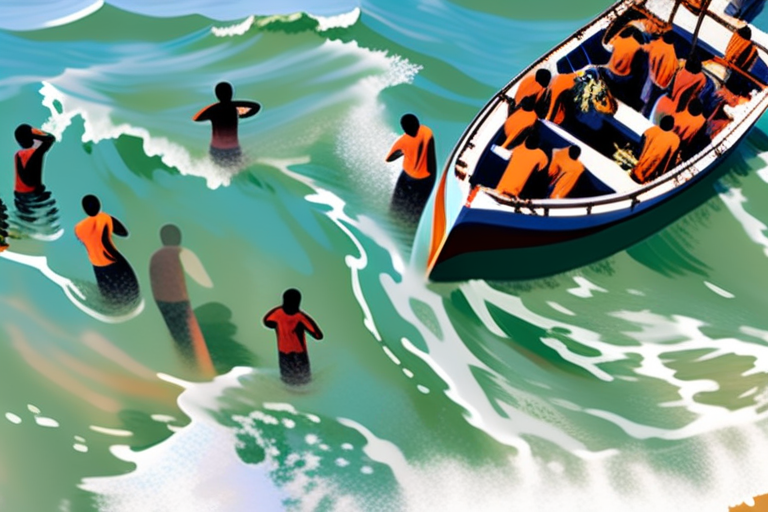
Share & Engage Share
Share this article